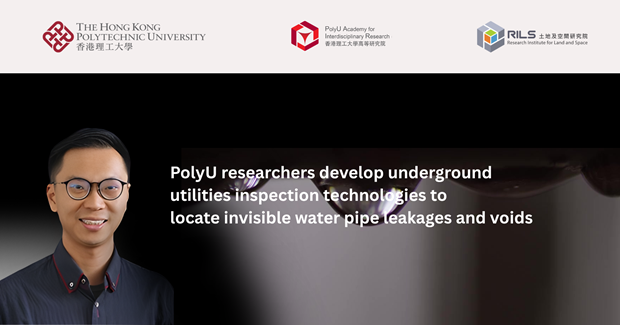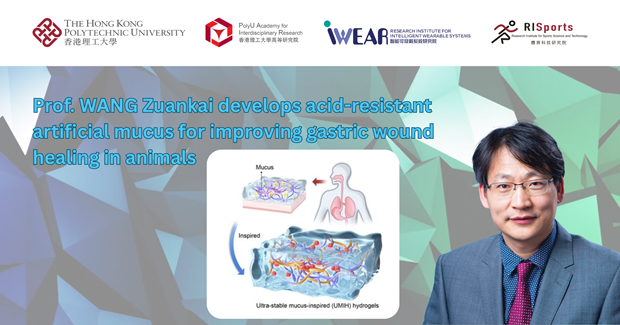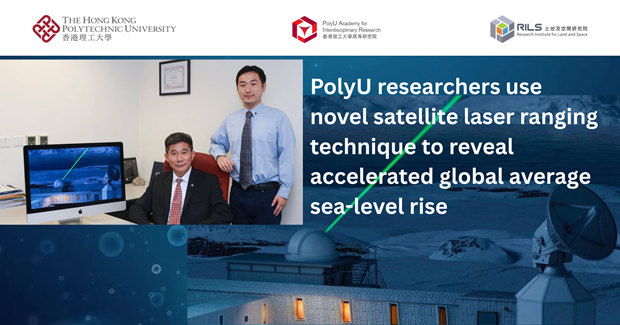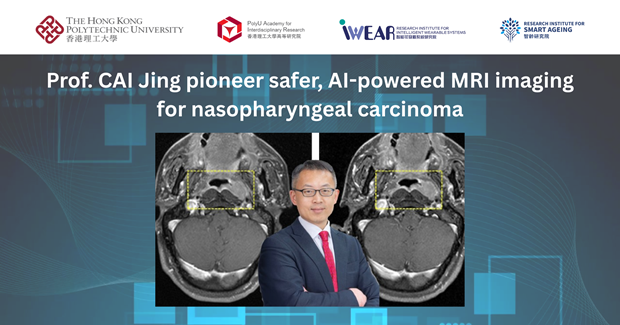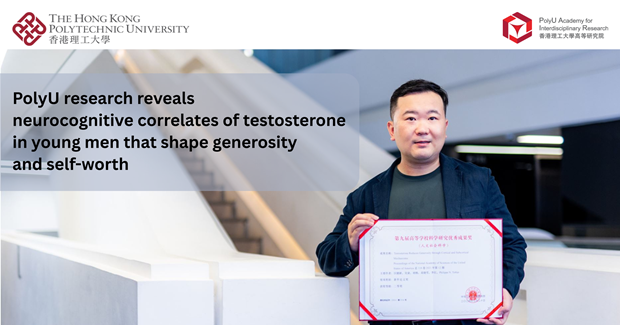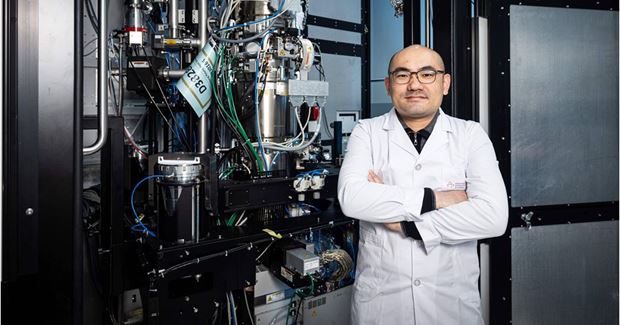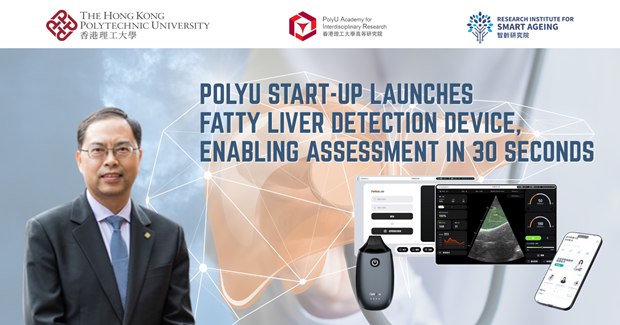A research team led by Prof. Nathanael JIN Ling, Member of the Research Institute for Future Food (RiFood) and the Research Institute for Sustainable Urban Development (RISUD), and Assistant Professor in the Department of Civil and Environmental Engineering and the Department of Health Technology and Informatics, has shed light on the often-overlooked microbial threats associated with plastic waste. The team is developing a global database and model to map the trajectory of the harmful microbiomes carried by plastic debris and to forecast the potential ecological risks.
The research team combined field-collected samples and publicly available raw data to analyse the microbial communities in the plastisphere and its associated natural environments, covering freshwater, seawater and terrestrial ecosystems. Providing a comprehensive overview of the unique and diverse microbial communities of the plastisphere, the findings have been published in the international interdisciplinary journal The Innovation.
The research found that, in all three environmental systems, microbial communities in the plastisphere differ markedly from those in the natural environment, in terms of both the genera of microorganisms present and their coexistence patterns. These communities consist of fragile networks of specialised microorganisms, which are rarely encountered in nature.
Compared with microbial communities in the natural environments, microorganisms in the plastisphere boast a pronounced ability to decompose organic compounds, potentially increasing the release of greenhouse gases and accelerating carbon turnover. The findings also highlight disturbances in the nitrogen cycle caused by the plastisphere, especially in freshwater ecosystem where bacteria that release harmful substances such as nitrite and nitrous oxide thrive.
In addition, a significant rise in pathogens that pose risks to humans, animals and plants is spotted in the plastisphere. Notably, some of the pathogen species have not been detected in the corresponding natural environment previously, which indicates the potential of the plastisphere to carry pathogens across ecosystems.
These findings underscore the urgent need to address plastic pollution, as plastics not only pose environmental hazards, but also act as vectors for transmitting microbial diseases that can lead to a cascade of ecological and public health consequences. By prioritising interdisciplinary research and policy action, society can better anticipate and curb the hidden dangers posed by plastic-borne microbiomes. This a critical step towards safeguarding ecosystems and human health in an increasingly plastic-dependent world.
Press Release: https://polyu.hk/HemJD
Full paper: https://www.sciencedirect.com/science/article/pii/S2666675823001716
Online coverage:
Mirage News - https://polyu.me/3GHySnw
Dim Sum Daily - https://polyu.me/4d871sQ
Ta Kung Pao - https://polyu.me/4iOENnZ
Wen Wei Po - https://polyu.me/3GHDuKm
CCTV - https://polyu.me/4iTBs7q
Hong Kong China News Agency - https://polyu.me/4jNKXWZ
Chinese Headline New Media - https://polyu.me/3RTmRhe
| Research Units | Research Institute for Future Food | Research Institute for Sustainable Urban Development |
|---|
You may also like




